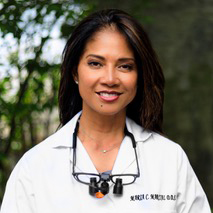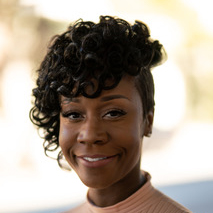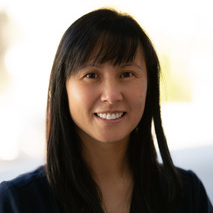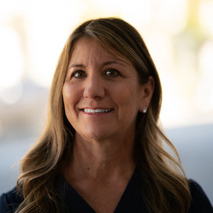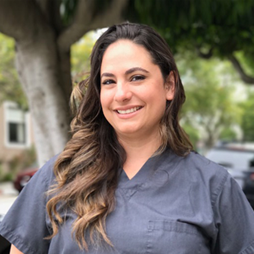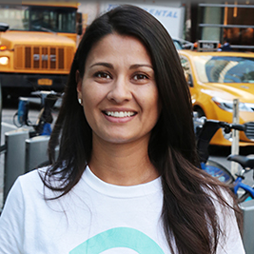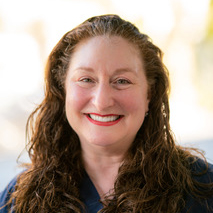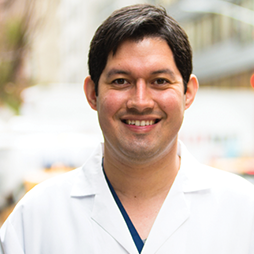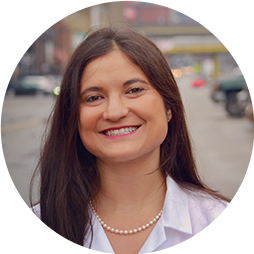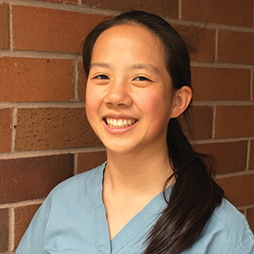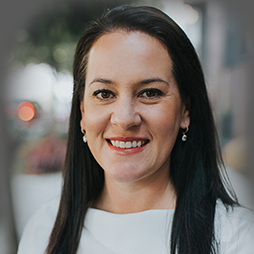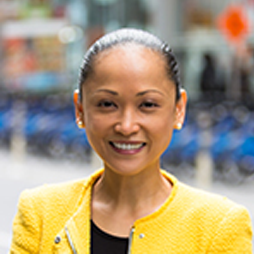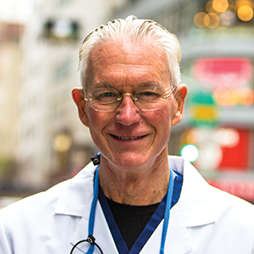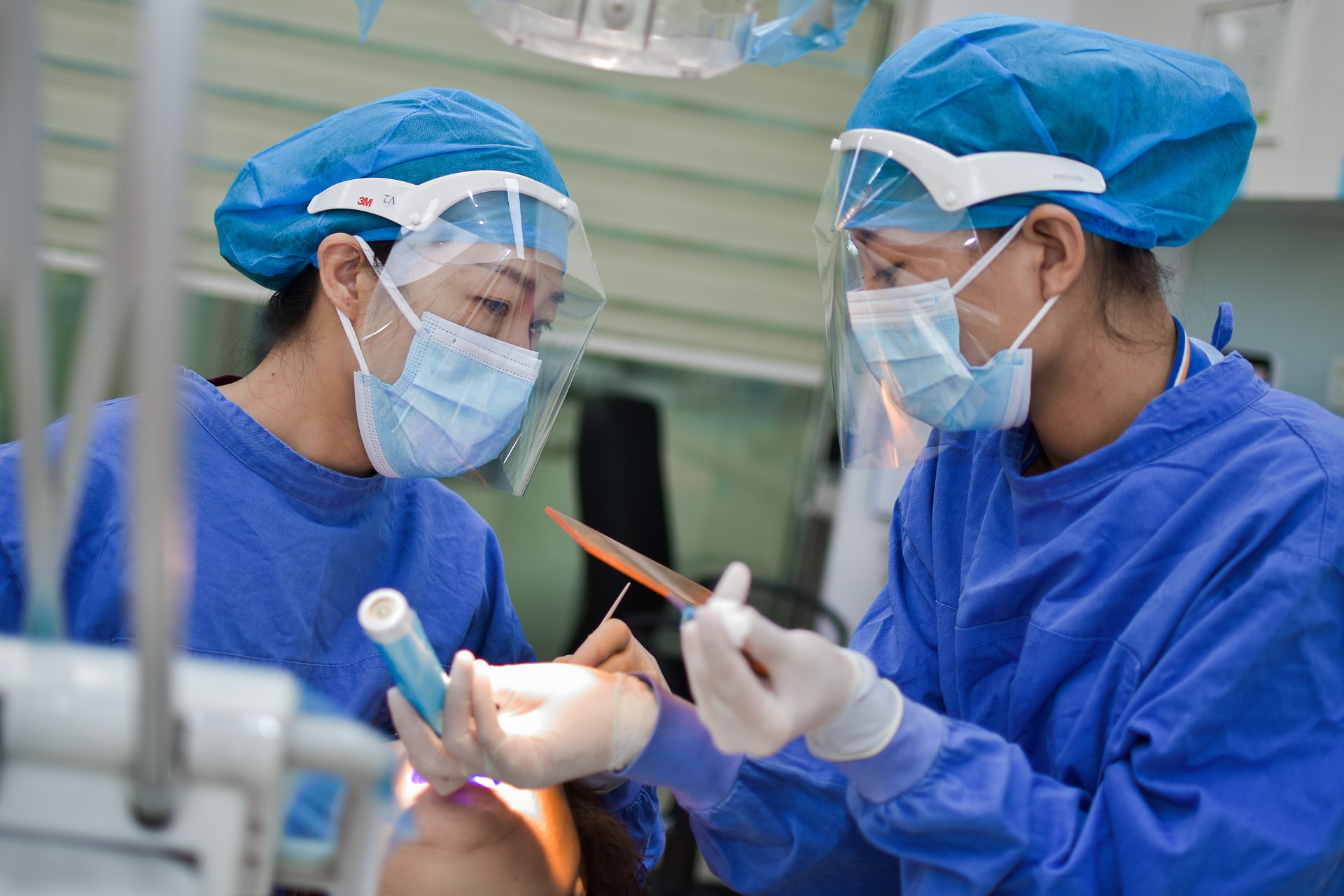
08 Jul House call dental care for a homebound society
San Francisco/New York, May 6, 2020 — House Call Dentists announces the expansion and enhancement of its innovative dental care model to safely accommodate emergencies during this time of crisis. Since the outbreak of the novel coronavirus (COVID-19), more than 300 million Americans have been urged by government and health officials to stay at home or shelter in place. Prior to the pandemic, 65% of working adults put off essential visits to the dentist. The situation becomes more perilous for patients with disabilities and special needs, who seldom leave their homes or assisted living facilities. With 97% of the country’s citizens homebound and facing limited access to services, the ability to provide oral care through sterile in-home visits and teledentistry platforms is imperative.
Dr. David Blende is the founder of Blende Dental Group and House Call Dentists. For over 40 years, he has pioneered a combined medical and dental practice that supports a diverse range of patients with needs beyond the scope of traditional dental care. His teams provide oral medications, inhalation agents, I.V. sedation, and general anesthesia for those with mild to severe anxiety, or those who cannot physically, medically, or cognitively tolerate dentistry. House Call Dentists offers a unique approach that involves portable equipment and sterilization procedures that exceed hospital-grade standards to deliver in-home care for those in need. As explained by Jonathan Wolfe is his 2017 article about House Call Dentists for the New York Times, “House Call Dentists, using what it says is a kit the size of a large briefcase, offers to create a sterile environment in your home, take x-rays with a portable machine, drill and fill cavities or perform a simple cleaning.”
Now that so much of our society is homebound, House Call Dentists has refined its existing offerings to assist anyone in need of emergency services, while doing its part to flatten the curve of infection. Through Virtual Appointments, dentists can better diagnose how and when treatments should occur. Those patients requiring in-home, office, or hospital visits continue to have access. Other dental care providers, currently unable to directly provide services as a result of the pandemic, have turned to House Call Dentists and Dr. Blende to ensure uninterrupted support for their patients. Blende’s dentists and assistants are fully privileged at hospitals in the San Francisco Bay Area and New York. This multidisciplinary team of nationally recognized dental specialists, anesthesiologists, and medical doctors allows House Call Dentists to offer a full spectrum of palliative care to emergency procedures, oral surgery, and more.
“The benefit is that patients don’t have to leave the house, which decreases risks,” said Dr. Lindzy Goodman. “By wearing our PPE and taking the most precautions we can, we’re lowering the risk and decreasing the need for people to go to the emergency room. That’s key right now, We don’t want unnecessary ER visits, especially for elderly people who are immunocompromised and afraid to leave the house — especially if they’re experiencing dental pain.”
Dr. Deborah Chau explained that House Call Dentists “helps the elderly and at risk. Their care should be maintained. House calls help with less exposure to the public. Patients get the full experience in their home and do not have to worry about who’s in the next room or waiting room.”
Dr. Joy Marciel has her own dental practice, but partners with House Call Dentists for special needs: “I think it is going to be really essential in helping out those populations. It’s going to be a big part of dentistry and I’m just so happy to be part of it. I always tell my patients — especially the people who are retired or have a spouse that cannot come to my practice — hey if you want, I can go to your home and I can help out. But there are so many challenges in going to a patient’s home when we have to bring so many materials and pieces of equipment. Partnering up with this company is just essential in helping with those kinds of populations.”
Following treatment, Blende’s teams return patients to their primary care providers. The goal is to help unite the dental community and protect an ongoing continuum of care. The model of house calls, once a bygone construct of the “country doctor” idiom is something that modern professionals are beginning to embrace again. For Blende, the concept of house calls has always been a good fit.
“My father was a physician in a rural town close to the Canadian border and I used to go on house calls with him,” he said. “Up until 1940, 47% of all interactions between a physician and a patient occurred in the home. I was born before Marconi invented the radio. There weren’t hospitals around to take in people from the area. At that time, you spread newspapers on the floor and you had the sterility of a typical hospital.”
After graduating from the University of Southern California (USC), Dr. Blende started perfecting aesthetic dentistry before it gained widespread popularity. “I spent 12 years making very pretty women prettier.”
But then, Blende toured a hospital where he saw children suffering from extreme bottle syndrome and other serious ailments. His focus quickly shifted toward discovering ways to use his specialized skills to help patients who would otherwise struggle to receive traditional care. As time progressed, he broadened his services to treat people with disabilities, cognitive impairments, dementia, and homebound situations, bringing the past experience of house calls full circle into a modernized practice.
Today, Dr. Blende continues to champion the growth of this alternative approach to dentistry, mentoring a new generation of dental professionals to carry on the legacy and mentor others. For his part, Blende says that he is constantly inspired by his proteges: “I’m still loving that my mentors are younger than me. It’s delightful.”
